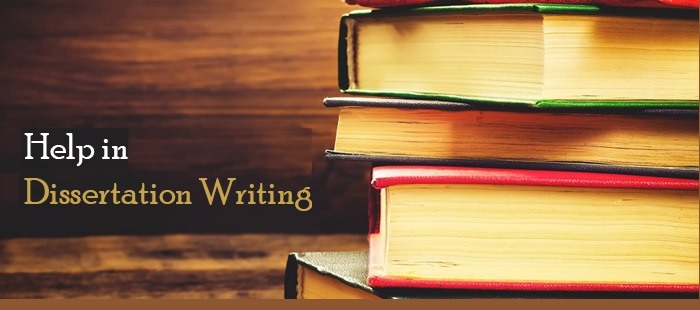
In the context of a thesis or dissertation, a colloquium typically refers to a presentation or oral defense of the research work done by the student. It is an opportunity for the student to present their findings, methodology, and conclusions to a panel of faculty members, experts, and peers.
Once you have completed your thesis/dissertation, your university may ask you to prepare a colloquium. The colloquium is very likely to be your final task at the university.
GET INSTANT HELP FROM EXPERTS!
- Looking for any kind of help on your academic work (essay, assignment, project)?
- Want us to review, proofread or tidy up your work?
- Want a helping hand so that you can focus on the more important tasks?
Hire us as project guide/assistant. Contact us for more information
“Please prepare a presentation of your thesis of 10-15 minutes (7-8 slides), focusing on research objective, value, methodology and outcomes. After the presentation, you will defend your thesis in a Q&A session”.
The purpose of a colloquium for a thesis or dissertation is to assess the student’s research skills, critical thinking abilities, and their understanding of the subject matter. It also provides an opportunity for the student to receive valuable feedback and suggestions for further improvement.
Key aspects of a colloquium for a thesis or dissertation:
Presentation: The student presents their research work, typically in the form of a PowerPoint (or some visual aid). The presentation usually covers the background, objectives, methodology, results, and conclusions of the thesis or dissertation.
Audience: The audience typically consists of faculty members, advisors, fellow students, and sometimes external experts. They listen to the presentation, ask questions, and provide feedback on the research.
Questioning and Discussion: After the presentation, the panel and audience engage in a question-and-answer session. They may ask the student to elaborate on specific aspects of the research, clarify methodologies, or discuss the implications of the findings.
Feedback and Evaluation: The panel evaluates the student’s work based on the quality of the research, the clarity of the presentation, and the ability to respond to questions. They may provide constructive feedback to help the student improve their work.
Defense: In some cases, the colloquium may also serve as a defense of the thesis or dissertation. The student may be required to defend their research, address any concerns or criticisms raised by the panel, and demonstrate their knowledge and expertise in the subject area.
The specific format and requirements of a colloquium may vary depending on the academic institution and field of study.
Here is a general outline for your colloquium that you may consider:
Introduction
- Clearly state the title of your thesis or dissertation.
- Brief overview of your research background.
- Briefly summarize the background.
- Highlight the key literature that informed your research.
- Explain gaps in existing knowledge that your research addresses.
Research Question or Hypothesis, Objectives or Aims
- State your research question or hypothesis.
- Explain why this question or hypothesis is significant.
- Outline the specific objectives or aims of your research.
- Explain how achieving these objectives will contribute to filling the research gap.
GET INSTANT HELP FROM EXPERTS!
- Looking for any kind of help on your academic work (essay, assignment, project)?
- Want us to review, proofread or tidy up your work?
- Want a helping hand so that you can focus on the more important tasks?
Hire us as project guide/assistant. Contact us for more information
Methodology
- Provide an overview of your research design, methods, and data collection procedures.
- Justify your chosen methodology.
- Discuss challenges faced during research and how those were addressed.
Results
- Present your main findings.
- Use visuals such as charts, graphs, or tables to illustrate your results.
- Interpret the results and explain their significance.
Discussion
- Analyze and interpret your findings in the context of existing literature.
- Discuss any unexpected results and their potential implications.
- Address the limitations of your study.
Conclusion
- Summarize the key points of your presentation.
- Reiterate the importance of your research and its contribution to the field.
Recommendations for Future Research
- Suggest areas for future research based on your findings.
- Discuss how your work opens up new avenues for inquiry.
Acknowledgments
- Thank any individuals or institutions that supported your research.
Questions and Answers
- Open the floor to questions from the audience.
Feel free to consult with your advisor or refer to your institution’s guidelines for more specific information on the colloquium process for your thesis or dissertation.
GET INSTANT HELP FROM EXPERTS!
- Looking for any kind of help on your academic work (essay, assignment, project)?
- Want us to review, proofread or tidy up your work?
- Want a helping hand so that you can focus on the more important tasks?
StudyMumbai.com is an educational resource for students, parents, and teachers, with special focus on Mumbai. Our staff includes educators with several years of experience. Our mission is to simplify learning and to provide free education. Read more about us.
